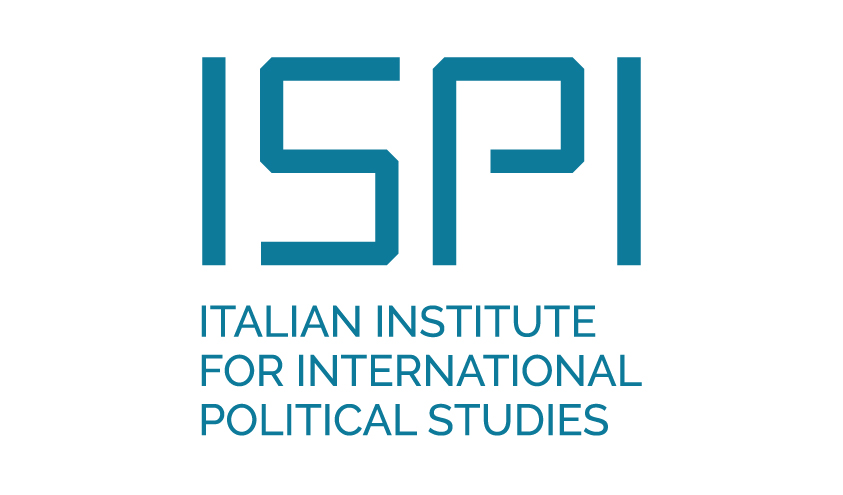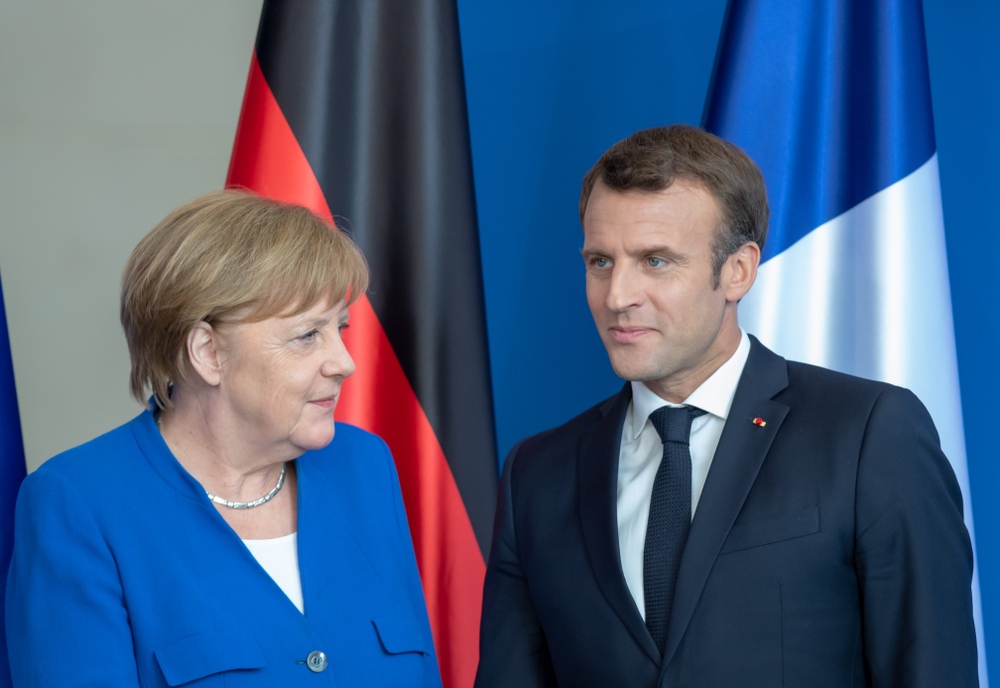The Future of the Franco-German Tandem

At the heart of the European project, the Franco-German tandem provides impetus for further integration within the EU. However, Brussels is yet to decide which direction it wants to take, and the French and Germans still have to agree on their position with regards to economics, foreign affairs, and enlargement.

The geopolitical context provides a call for action for an EU which endeavours to become increasingly “geopolitical” and aims at “speaking the language of power”. How can the French and Germans cooperate, and which hurdles are they going to face? What are the likely impacts of the elections, both in Germany and in France, going to be? Does the reshuffling of the international order leave any alternative to increased Franco-German and European convergence?
Franco-German Convergence – A Prerequisite for EU Action
The two most prominent milestones in (modern-day) Franco-German cooperation are the Elysée Treaty (1963) and the Aachen Treaty (2019). They foresee cultural, civil society, transborder and political cooperation. Moreover, regular meetings at the Franco-German Parliamentary Assembly and the Franco-German Councils of Ministers actively promote closer Franco-German cooperation on the institutional level. Far more than just symbolic, these provide an opportunity for both countries to get better acquainted in terms of institutional cultures. Franco-German cooperation is seen as a laboratory of ideas for the EU as a whole: for instance, increased convergence in social and economic matters may be transposed to the EU level. One major cornerstone of this cooperation is the European Recovery plan of 750 bn EUR based on a Franco-German agreement. It is a major achievement for the EU, particularly as it will be financed by common debt.
Torn Between National Interest & European Ambitions – A Succession of Missed Opportunities
At the outset, France and Germany have a significantly different understanding of the role the EU should play. France considers the EU as a springboard for its ambitions in international politics, based on functioning institutions providing for swift action to address challenges posed by re-emerging great power rivalry. Germany, for its part, regards the EU as an enlarged home base to produce and sell German products, which helps to strengthen its economic and trade power based on German companies’ intricately intertwined value chains.
[...]
Elections in Germany and France – Toward the Unknown
Refocusing attention on domestic politics after the fresh impetus gained at the EU level as a response to the coronavirus crisis will relegate EU politics to the background. German parliamentary elections in September will be followed by presidential and parliamentary elections in France next year. Yet, although France is simultaneously going to hold the EU presidency, the agenda will be constrained due to precedence given to domestic politics. If election forecasts are to be given credence, the next German chancellor will be decidedly pro-European. Still, potential kingmakers such as the far left or the Liberals are not to be underestimated as they will have an impact on the orientation Germany will take on public spending, foreign affairs, and defense politics. In France, the outgoing President is being hounded by the far right. The role of the Left and the Right, considerably weakened during the 2017 elections, is still unclear.
[...]
France and Germany in the face of a New Geopolitical Paradigm – No Room for Doubt
Increased great power rivalry between the USA and China, challenges in its neighbourhood posed by Russia and Turkey, and dealing with the influence of China, Russia, and Turkey in the Western Balkans are but some of the issues the EU needs to address. While finding common ground in condemning human rights and international law violations has sometimes proven difficult, France and Germany were able to launch the Alliance for Multilateralism to address the current stalemate in international institutions and uphold an international rules-based order.
Moreover, in response to other countries’ industrial support to their national companies, policies and instruments are being implemented to keep the EU apace with technological innovation, where other powers are becoming increasingly competitive. Also, shielding the EU from extraterritorial measures, coercion tactics, and asymmetric market practices — which erode the EU’s and its economic actors’ strengths — has become highly topical. Initiatives from the European Commission, France, and Germany in these regards are receiving increased attention on a broader European scale.
[...]
Marie Krpata is Research Fellow, Study Committee on Franco-German Relations (Cerfa), Ifri.
- This publication is published by ISPI (Istituto per gli Studi di Politica Internazionale).









